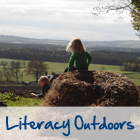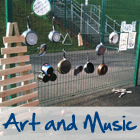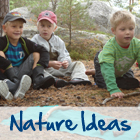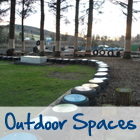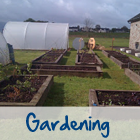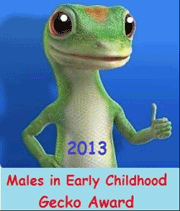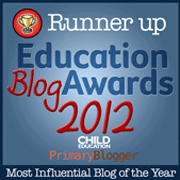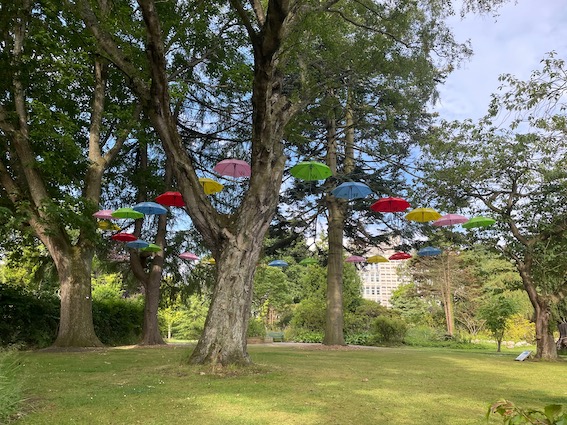
The ADHD Foundation is a charity that supports neurodiversity. It claims that 1 in 5 people who have a neurodevelopmental condition. This could be ADHD, Autism, Dyscalculia, Dyspraxia, Dyslexia or Tourette’s Syndrome. The ADHD Foundation wants to change perceptions of these conditions and celebrate the benefits and strengths that come of thinking differently.
Across the UK you may see these colourful umbrella displays. In Aberdeen alone, you will see displays at a further 4 venues. The purpose is to raise awareness of all the conditions that come under the umbrella term “neurodivergent”. These photos are of the outdoor display at Aberdeen University’s Cruickshank Botanic Garden.
Outside as well as in, we have to be tuned in to the needs of all children. My experience of working with many different children is that those who have neurodivergent brains provide a valuable insight into my professional practice. They make me think creatively to support their needs. I found I had to observe closely and reflect more deeply to become attuned to their interests, abilities and passions. For example, I had to find out:
- Why a child cried whenever we went outside and how to make them feel comfortable being in the school grounds.
- What made a child run away and what to do if this happened. I found over time this action would cease significantly by responding to children’s interests and giving them space and time to watch at a distance, to be alone when needed and so on.
- That some things don’t have a quick fix. We have to be patient and look for improvement at a micro-scale.
- How to ensure children felt in control of their situation. That autonomy and freedom to chose what to do, when and how, within a routine that provided security, stability and structure helped.
In short, they helped shape me and make me a better educator. We can’t change who someone is, but we can change our responses to that person and learn how to nurture them, care for them and empower them to learn.
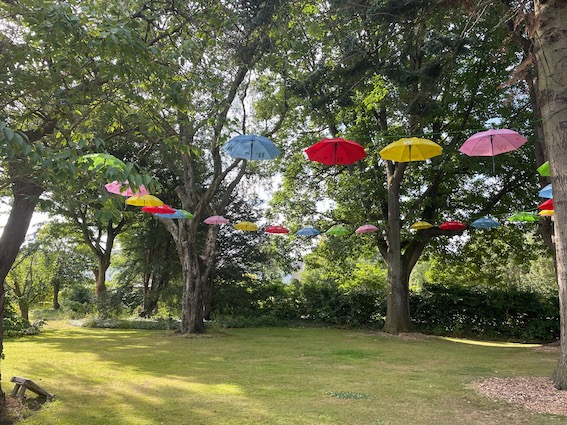
The benefits of being outside are universal to almost all people of all ages. Although the literature and research remains sparse on supporting children who have a neurodevelopmental condition, it continues to grow. Here’s some sources I have found helpful:
- Nature-Based Learning – Alexia Barrable
- Forest School and Autism – A Practical Guide by Michael James
- Forest School for All – Sara Knight
- Suzanne Axelsson’s Interaction Imagination website and blog
- Universal Design for Learning – A Framework for Inclusion in Outdoor Learning
I would welcome any further ideas or research to continue to support and grow understanding of neurodiversity in an outdoor context



